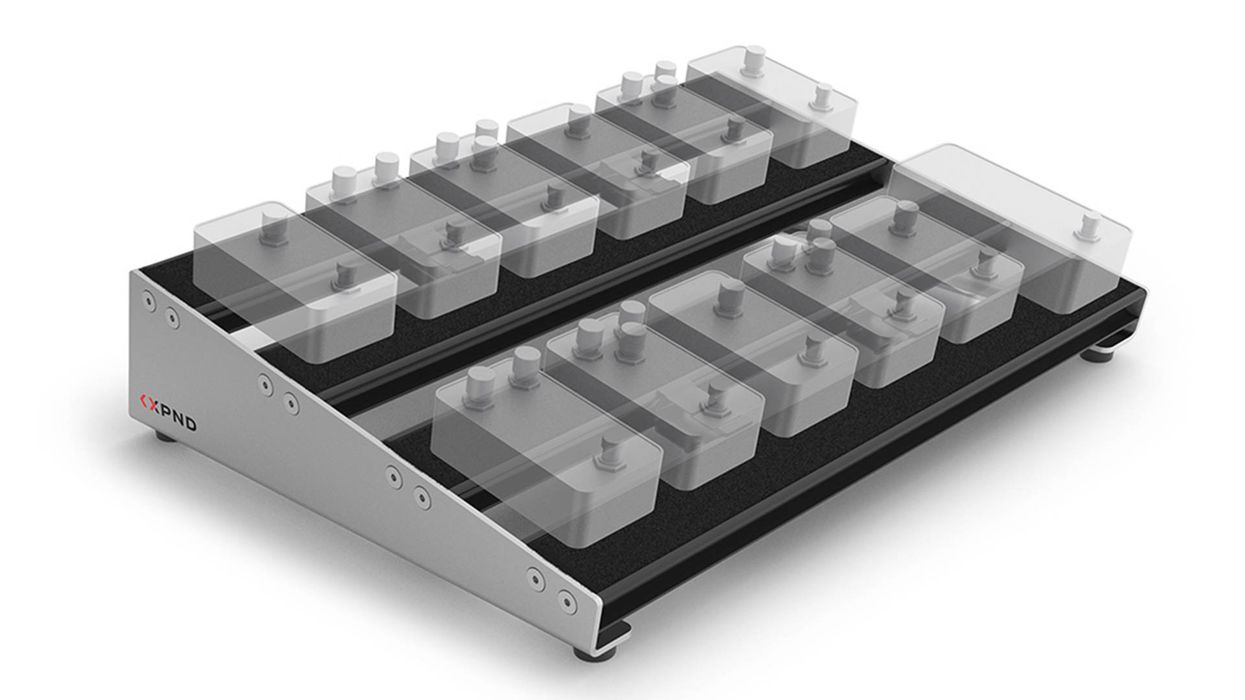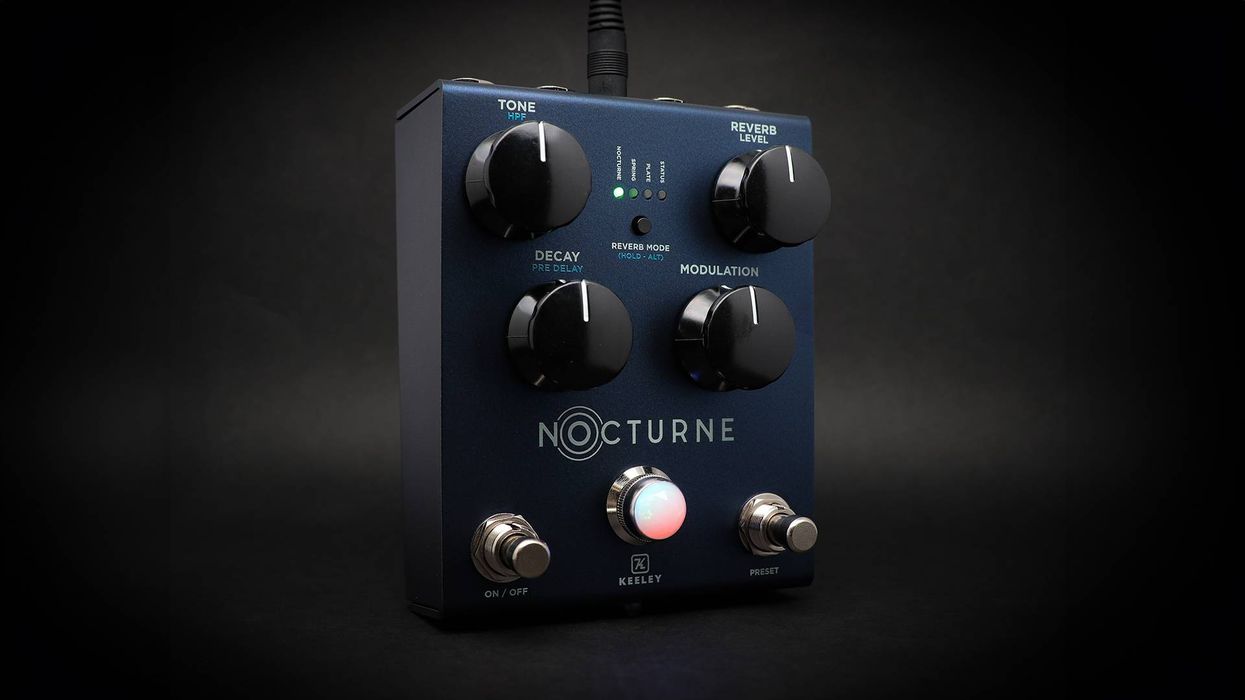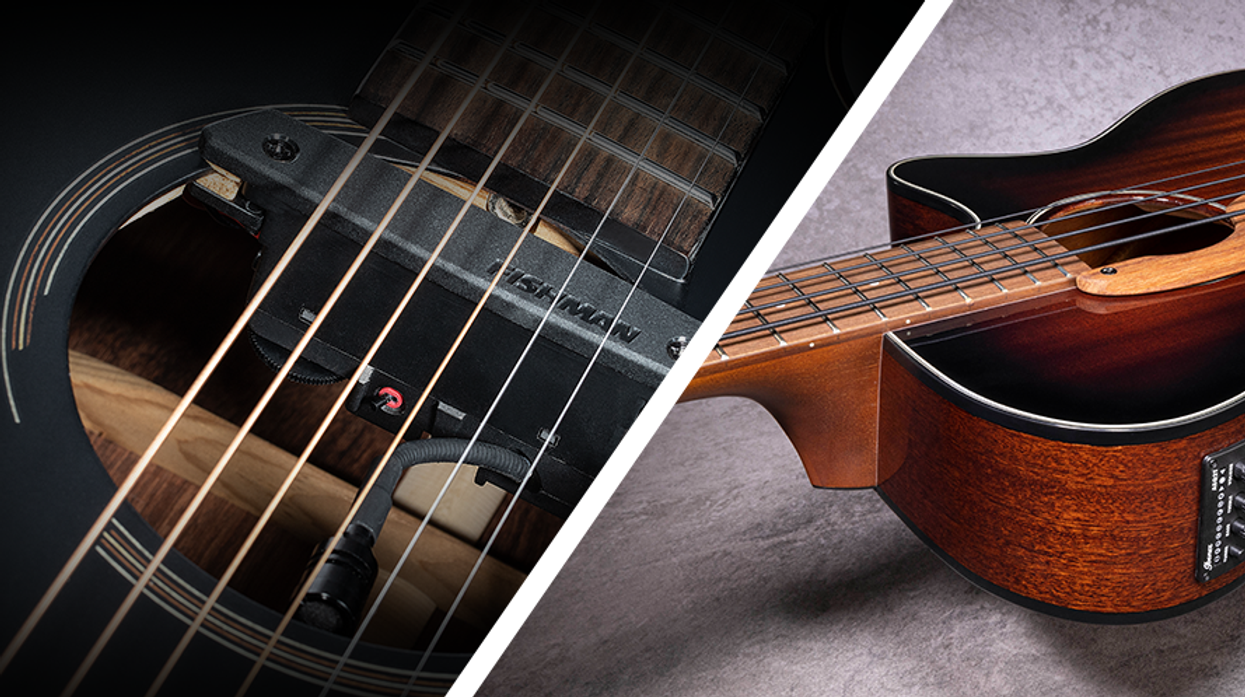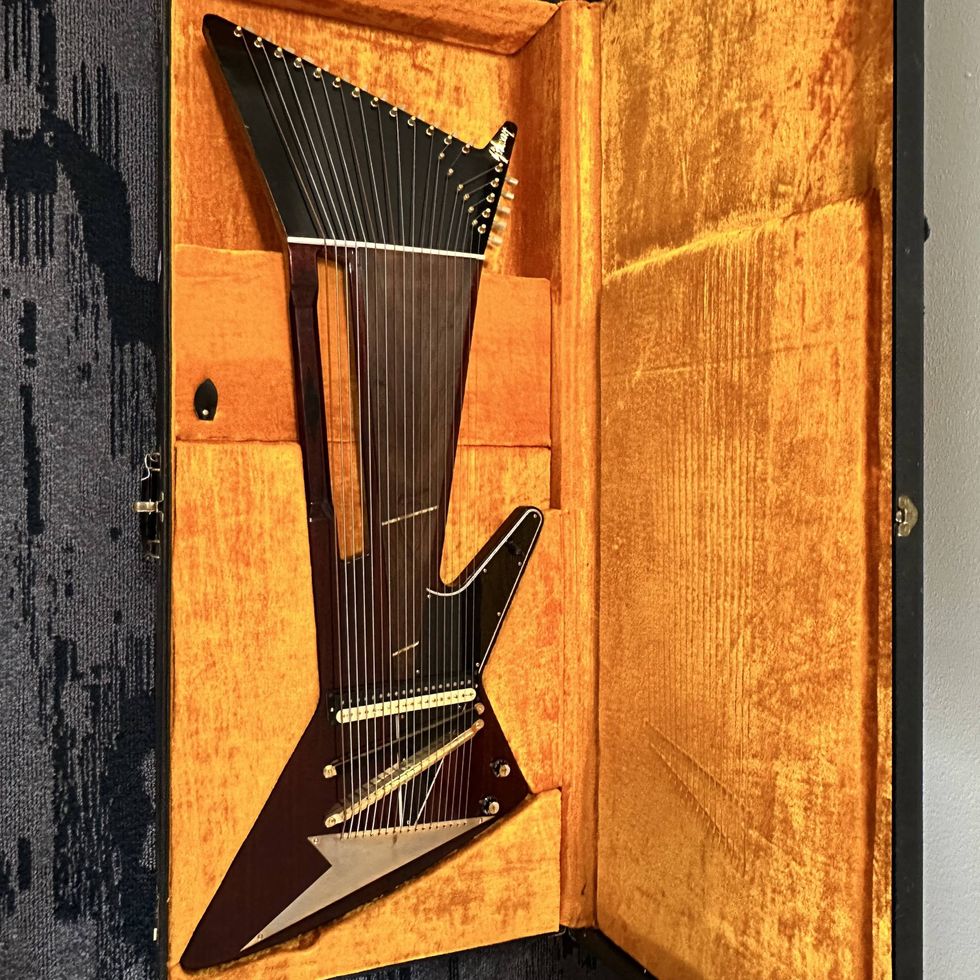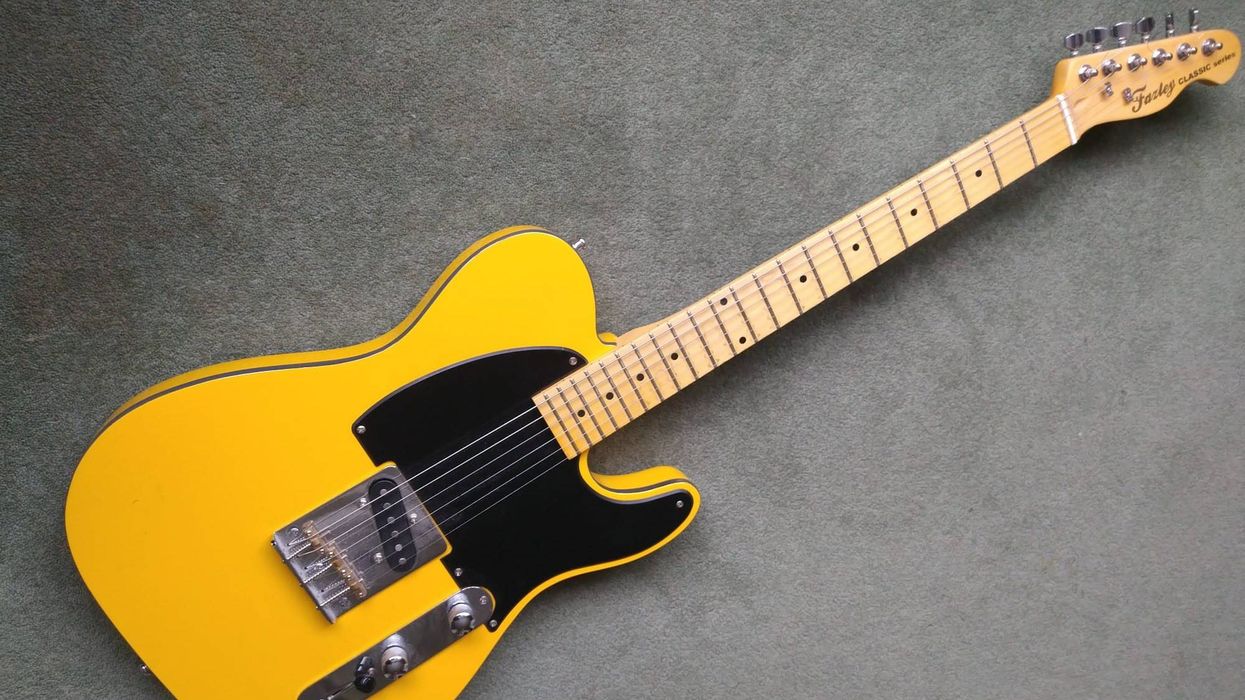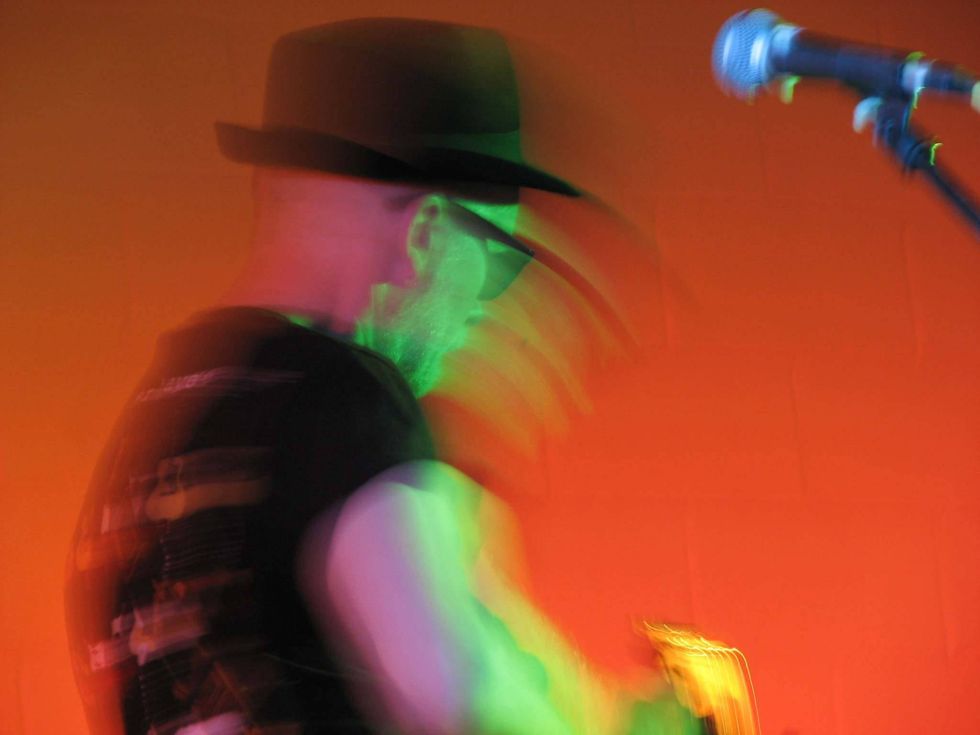On January 24, 1975, Keith Jarrett was in the middle of a 24-date solo tour. Describing these performances, biographer Ian Carr wrote, in Keith Jarrett: The Man and His Music: “They are without precedent, not only in jazz history, but also in the entire history of the piano. They were not renditions of composed music committed to memory, nor were they a series of variations on composed themes. They were attempts at very long stretches (up to an hour at a time) of total improvisation, the creation from scratch of everything: rhythms, themes, structures, harmonic sequences and textures.”
Hard to imagine the pressure of spontaneously creating an hour of music for a packed theater in a foreign country on a rented instrument you’ve never played. That’s a tough gig if everything goes right. But nothing was going right. Jarrett had serious back problems that forced him to wear a brace and he hadn’t had a decent night’s sleep in over a week. But that wasn’t the worst of it.
Jarrett had requested a full-sized, 9-foot concert Bösendorfer 290 Imperial. According to Vera Brandes, the plucky 17-year-old promoter who booked the late-night show, what Jarrett found when he arrived a few hours before showtime was “this tiny little Bösendorfer, that was completely out of tune, the black notes in the middle didn’t work, the pedals stuck. It was unplayable.” Jarrett said this piano “hadn’t been adjusted for a very long time and it sounded like a very poor imitation of a harpsichord or a piano with tacks in it.”
When it was apparent Jarrett had to play this POS or nothing, he chose nothing and abruptly left. Brandes chased Jarrett down the street in the rain and begged through Jarrett’s half-open car window for him to reconsider. Jarret looked at the bedraggled teen and relented with, “Never forget. Only for you.” Brandes found a piano tuner who got the dead keys mostly functioning and pulled it a bit closer to tune. Jarrett, hungry and exhausted after a cramped drive in a Renault from the past night’s gig in Switzerland, went to a restaurant to recover. The waiter lost Jarrett’s order, leaving him time for three bites of pasta before he hit the stage for his 11:30 p.m. show.
Engineer Martin Wieland was there with two Neumann U67 mics and a Telefunken M5 portable tape recorder. Jarrett told him to leave, but after talking it over with his manager, they decided they might as well capture the catastrophe. Against all odds, the concert was indescribably wonderful. The recording became The Köln Concert—the best-selling solo album in jazz history and the best-selling piano album ever, with sales exceeding 3.5 million copies.
Listen to this album and you actually hear Jarrett building a relationship with this instrument. He starts with a sparse A7 arpeggio, then builds this weary, wistful motif into a 26-minute improvisational journey. You hear Jarrett moaning as he stands up to lean into the piano, trying to hit the keys hard enough to project to the back of the hall. At times Jarrett stomps out quarter notes with his foot. (He may have been trying to kick-start the pedals to get them working). Listening to this album feels like a movie.
The album changed Jarrett’s life. (He was couch surfing a year earlier). Now, 45 years later, Jarrett is equally famous for his talent as he is infamous for his unforgiving demand for perfect work conditions. Jarrett’s been known to change pianos mid-concert or end concerts if he’s distracted by an audience member coughing or taking photos. His fame has given him spoiled-prince status, where if there’s a single pea beneath that stack of mattresses, he can’t possibly sleep.
I’ve listened to his other work, recorded under perfect or nearly perfect conditions, and it’s never as engaging. Maybe because when everything is how you want it, you play easy and you don’t have to think outside your own little box. Jarrett never played anything like that night in Köln before or since, because he never had to.
Putting ourselves in an uncomfortable position is, well … uncomfortable, so by nature we try to avoid it. Yet, those moments are some of the few when we’re truly present. It’s a primitive response to fear: Our senses go on alert because we may have to fight to survive. Ever notice how weeks slip by unnoticed in the comfort of your own home, but when you travel for three days every minute becomes a memory? Discomfort reminds you that you’re alive.
I realize this will sound like the contrived anecdote of a wig-wearing televangelist, but today, while walking through a playground with my 3-year-old, I found a message, “Don’t wish it were easier, wish you were better,” painted on a rock. I was going to carry the rock with me, but left it for the next deluded person who might be angry that life is difficult, not realizing that leaning into adversity will lead you to the place you’re supposed to be in life.







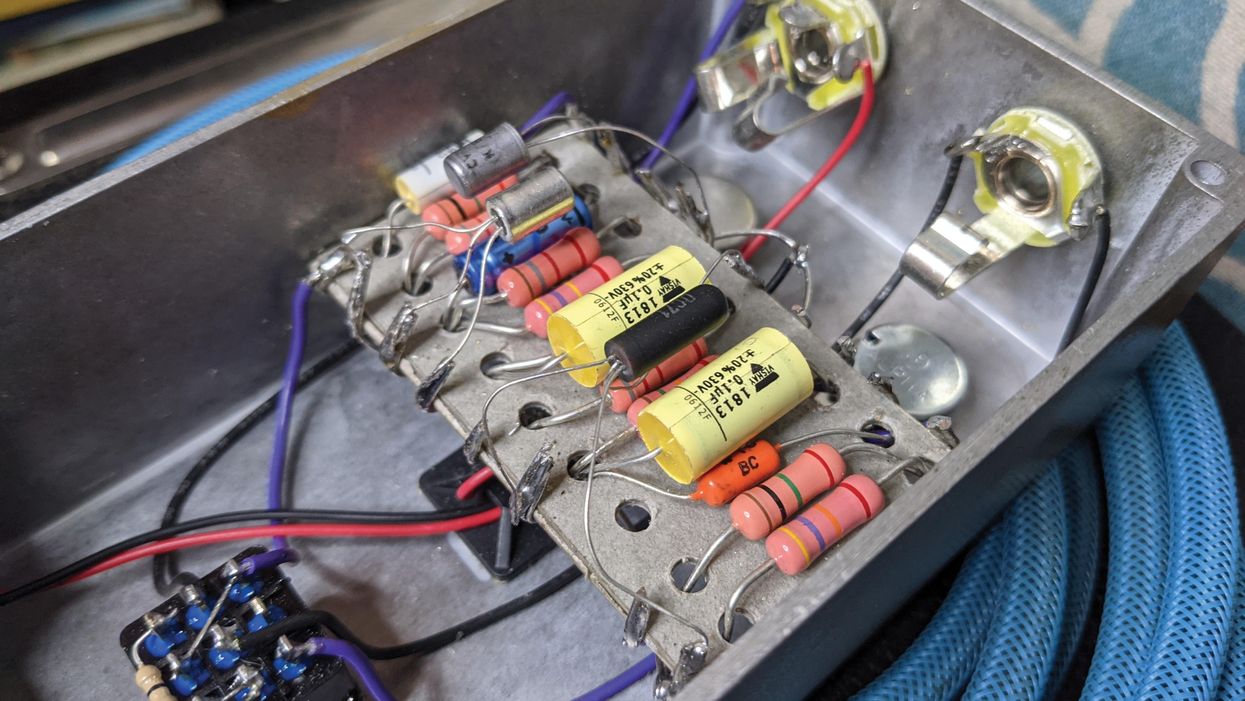


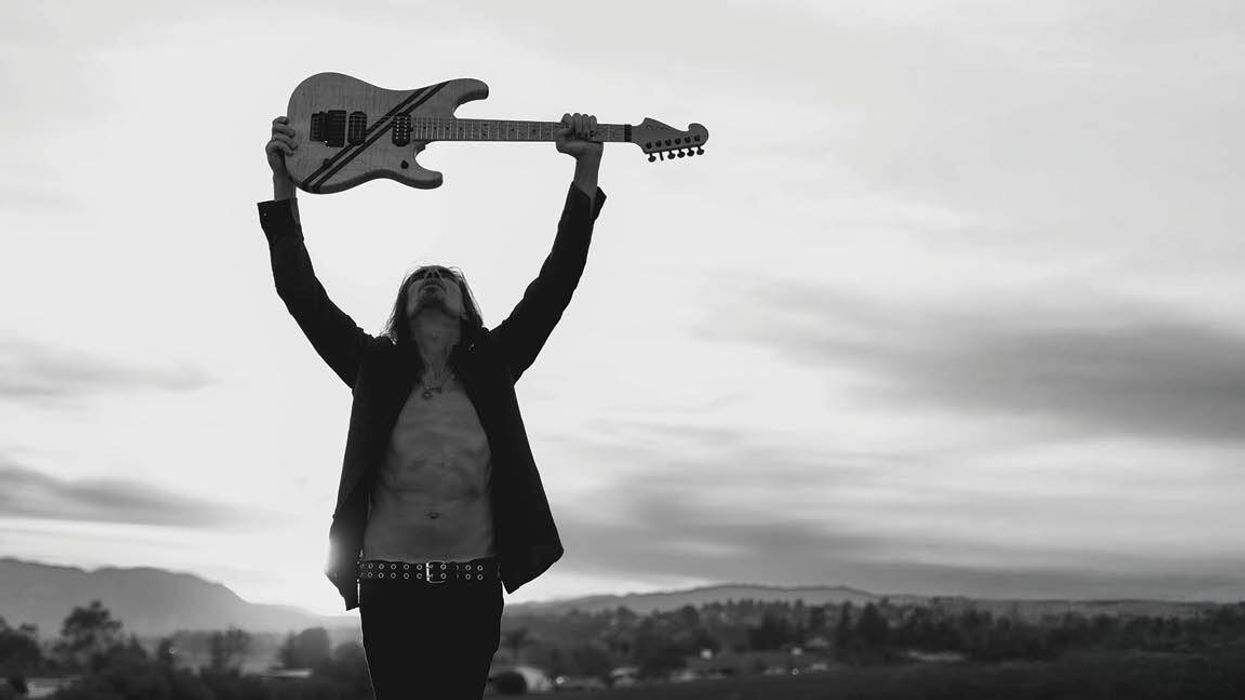
![Rig Rundown: Russian Circles’ Mike Sullivan [2025]](https://www.premierguitar.com/media-library/youtube.jpg?id=62303631&width=1245&height=700&quality=70&coordinates=0%2C0%2C0%2C0)
